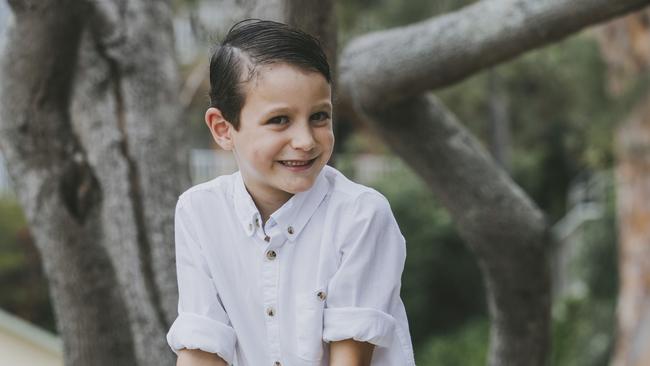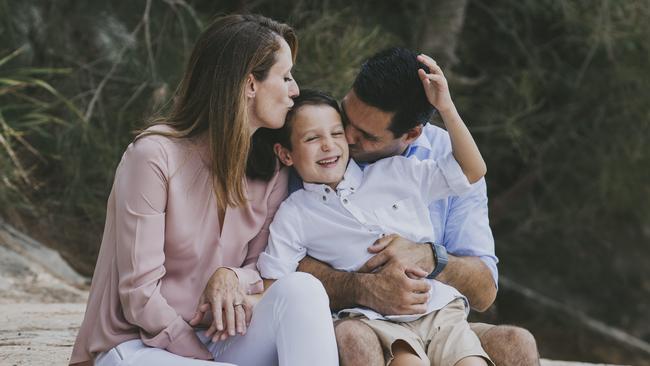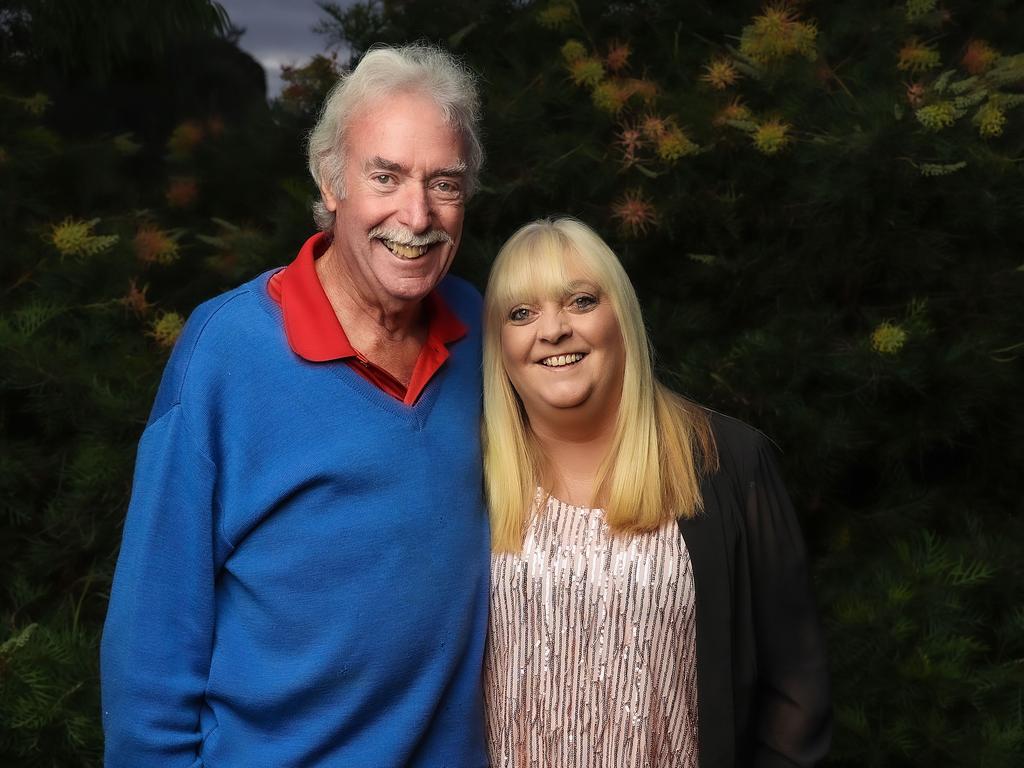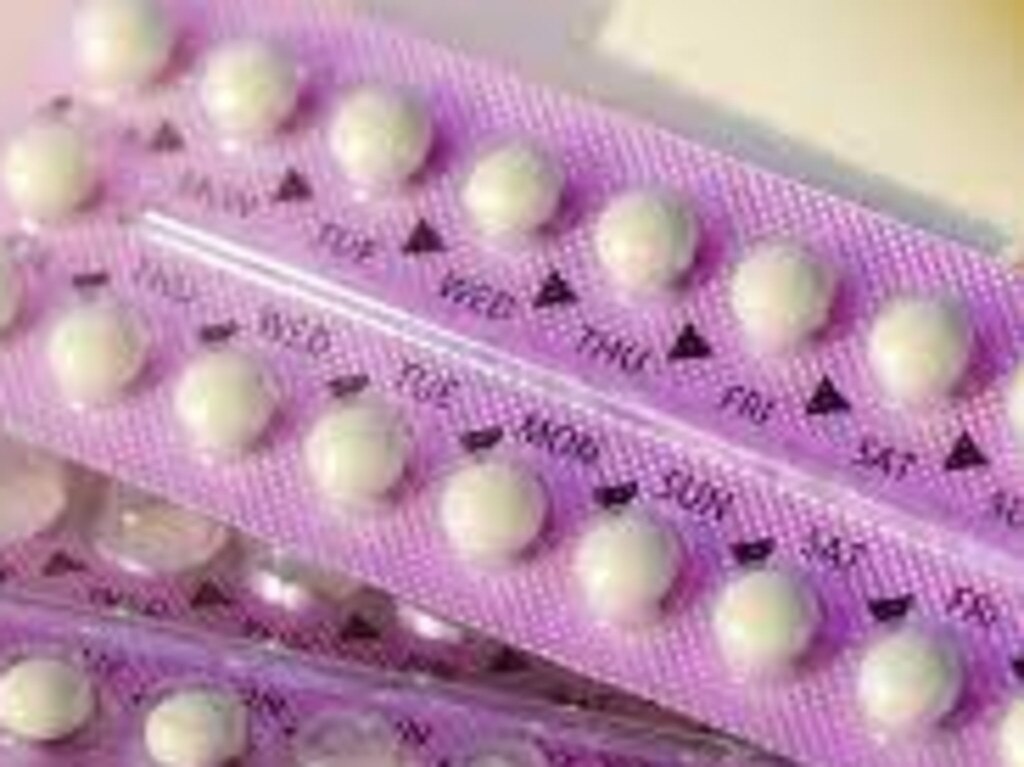Australian-first brain cancer trial pays tribute to Sydney boy whose death will help save others
An Australian-first clinical trial for a fatal children’s brain cancer has launched in Sydney, offering a ‘revolutionary’ new treatment option for an incurable and aggressive form of the disease.

An Australian-first clinical trial for a fatal children’s brain cancer has been launched in Sydney, offering a revolutionary new treatment option for an incurable and aggressive form of the disease.
In a bittersweet twist, the trial will immortalise an eight-year-old Australian boy, Levi Wheeler, whose death from the brain cancer it aims to fight could help save other children like him.
The trial – called Levi’s Catch – will allow doctors at Sydney Children’s Hospital and Royal Adelaide Hospital to use a child’s own immune system to specifically target fast-growing cancerous Diffuse Intrinsic Pontine Glioma cells.
DIPG is the most aggressive of all childhood cancers and forms on part of the brain stem called the pons, which is responsible for vital functions such as breathing, sleeping, and balance.
Sydney Children’s Hospital pediatric oncologist David Ziegler said the modified cell therapy offered a “new way to attack these tumours” that cannot be cured by traditional cancer treatments.

“There’s usually a kind of chemotherapy that gives some chance of a cure in cancers, but not this one,” Professor Ziegler said.
“There’s no chance of cure … and radiation therapy really just slows things down.”
Professor Ziegler said because of the location of the tumours and how aggressive they were, doctors knew very little about DIPG even as recently as this past decade.
“These children would essentially be diagnosed, we knew it would be incurable, they would get radiation and be sent home to die,” he said.
On average, 20 Australian children are diagnosed with DIPG each year and most die from it within 12 months of diagnosis.
“All childhood cancer is rare … this type of brain cancer is seen more commonly in adults, but this form of tumour is the most common – and certainly responsible for the most deaths – in children,” Professor Ziegler said.
The trial has been driven by the efforts of parents whose children died from DIPG, including Levi’s mother and father, Kathryn Wakelin and Ben Wheeler.
After Levi’s death in 2018, the couple founded Levi’s Project, a foundation with the Children’s Cancer Institute to raise money and awareness for DIPG research.

In the past three years it has raised $4m – with another $2m to come – and $600,000 has contributed to this trial.
Ms Wakelin said the launch of the trial, named in honour of her son, was a humbling and bittersweet moment for the family.
“I feel so many conflicting emotions. We feel so overwhelmed, it’s such a big and beautiful tribute to our boy and the legacy we’ve created for him and the effort we’ve put in to raise money to give children other options,” she said.
“And it’s also heartbreaking because the reason it’s happening is because he’s not here.”
The trial will use CAR T-cell therapy to extract a child’s own immune cells through a kind of dialysis to be modified to fight the tumour cells on their own.





To join the conversation, please log in. Don't have an account? Register
Join the conversation, you are commenting as Logout